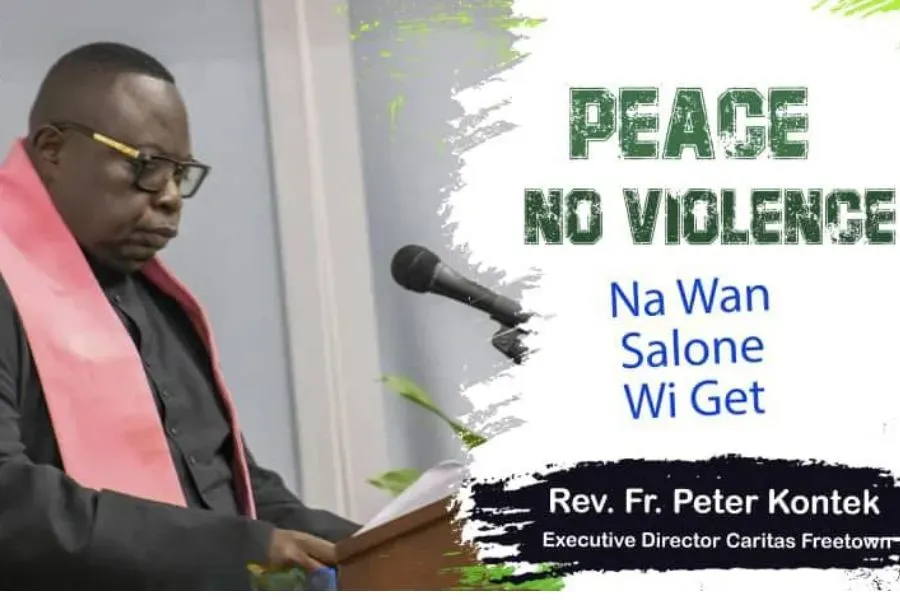Part of the reforms the EU mission is recommending will ensure that detailed information on the voter register, the electoral results processing system, including the tabulation, and the final electoral results per polling station, are made available to the public, including online forums.
Other priority recommendations offered by the EU EOM concern issues related to, amongst others, protecting candidates and promptly holding perpetrators of election-related violence accountable, enforcing restrictions on the use of state resources for political gains, ensuring transparency and accountability in campaign financing, and protecting freedom of expression by removing ambiguous definitions related to cybercrimes.
The EU EOM has also taken notice of positive reforms conducted to promote participation of Sierra Leonean women in politics.
At the presentation of the report on October 10, the EU EOM Chief Observer, Incir, noted with appreciation that in Sierra Leone’s 2023 General elections, 30 percent of elected members of Parliament were women.
“The reforms undertaken ahead of these elections were important,” Incir said, and added, “Nevertheless, I encourage political parties to take this work forward, to make a reinforced commitment for greater gender parity, which will further enhance women participation in public and political life.”
(Story continues below)
The EU appealed for stakeholder engagement in implementing all the recommendations of the EU EOM report, saying, “It remains crucial to further foster democratic processes with a strong political will of all stakeholders to promote inclusion and transparency. And most importantly to build public confidence.”
Incir further expressed EU’s closeness with the West African country, saying, “As a friend and ally, the EU stands ready to support Sierra Leonean stakeholders in those efforts and in the implementation of these recommendations.”
Agnes Aineah is a Kenyan journalist with a background in digital and newspaper reporting. She holds a Master of Arts in Digital Journalism from the Aga Khan University, Graduate School of Media and Communications and a Bachelor's Degree in Linguistics, Media and Communications from Kenya's Moi University. Agnes currently serves as a journalist for ACI Africa.








